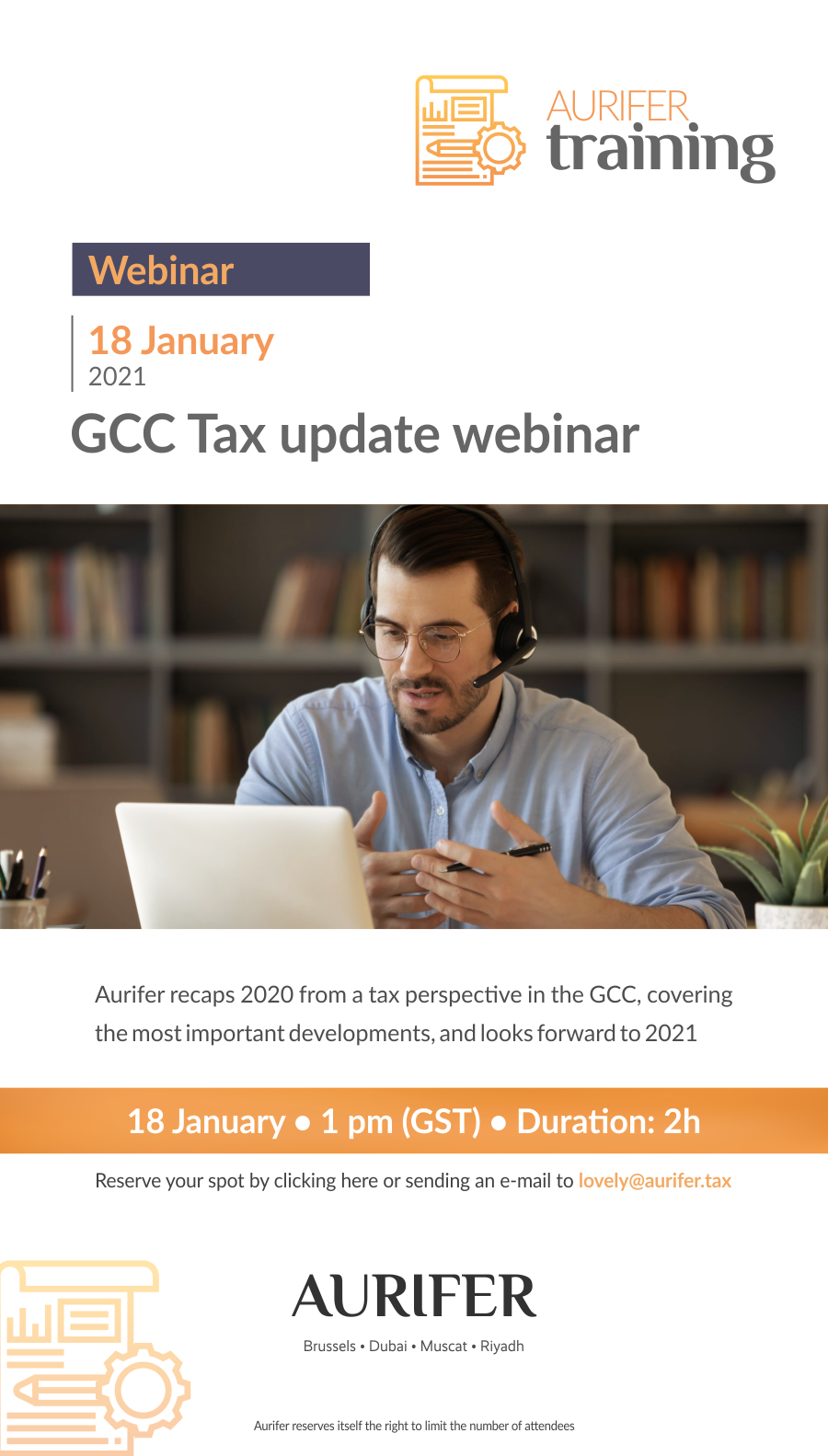The three GCC countries which have introduced VAT so far, UAE, KSA and Bahrain, have based themselves on the GCC VAT Treaty to draft their laws. The next country to do so, Oman, has done the same.
There is a special group of VAT payers, which fulfill a particular role as stakeholders in the VAT system. They sit on the fringes of the VAT system, not being a full on taxable person, and neither simply a payer, like private persons would be.
In the EU, this special group is sometimes called the “group of four”, or the “persons benefiting from a special regime”. These are the non taxable legal persons, the exempt tax payers, the small business and the farmers.
Together with the capital assets scheme, it is one of the more technical matters in VAT, and its status under GCC VAT is lacking clarification. Below, we explore the status of the non taxable legal persons. In the upcoming articles, we will be covering the other categories of special taxable persons in the GCC, which are listed below. Going forward we will refer to them as “special tax payers”.











